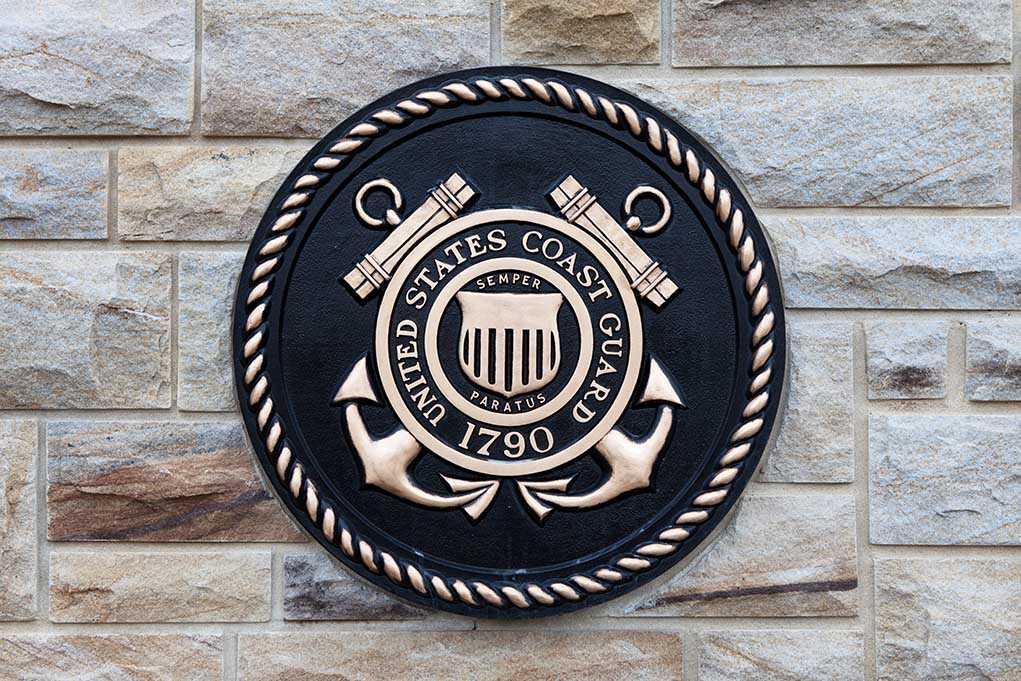
The U.S. Coast Guard is about to undergo a profound transformation with the establishment of a dedicated Secretary of the Coast Guard, a move that could change the dynamics of federal oversight and resource allocation in a way we’ve never seen before.
At a Glance
- The Coast Guard is set to gain a dedicated secretary, aligning its leadership with other military branches.
- This change promises streamlined decision-making and improved resource advocacy.
- Bipartisan support has pushed the Coast Guard Authorization Act of 2025 through committee.
- The Coast Guard’s operational efficiency and national security role are expected to strengthen.
Coast Guard’s Leadership Evolution
For decades, the U.S. Coast Guard has operated under the Department of Homeland Security, unlike other military services that fall under the Department of Defense. This unique arrangement has often left the Coast Guard in a bureaucratic limbo, struggling with resource allocation, oversight, and a lack of direct representation at the highest levels of government. This is about to change, as the Coast Guard Authorization Act of 2025 introduces a Secretary of the Coast Guard, a bold step toward parity with other military branches.
With this new position, the Coast Guard will have a civilian leader reporting directly to the President and Congress, eliminating the layers of red tape that have slowed decision-making processes. The move aims to modernize the service, enhance accountability, and streamline operations amid evolving maritime threats.
Key Support and Motivations
Congressional advocates, including Rep. Mike Ezell and Sen. Rick Scott, have championed this legislation, emphasizing the need for efficiency and a coordinated response to maritime security challenges. The bill’s bipartisan support underscores a shared recognition of the Coast Guard’s critical role in national security—particularly in areas such as drug interdiction, disaster response, and protection against emerging threats like cyberattacks.
For the Coast Guard leadership, this change promises more direct advocacy for resources, clearer lines of authority, and potentially enhanced prestige and influence in federal budgeting. The Department of Homeland Security, on the other hand, stands to lose direct oversight, which may shift the power dynamics within the federal structure.
Implications and Potential Outcomes
The immediate effects of establishing a Coast Guard secretary will likely involve more agile decision-making and improved responsiveness to operational needs. By having a direct line to the White House and Congress, the Coast Guard can more effectively advocate for its budgetary needs, ensuring that resources are allocated efficiently and in alignment with its expanding mission set.
In the long run, this could lead to a paradigm shift in how hybrid or non-Department of Defense federal services are managed. It could also set a precedent for further reforms in federal agency oversight, potentially influencing other sectors within the federal government that face similar challenges.
Looking Ahead
As the Coast Guard Authorization Act of 2025 moves to the House floor for a vote, the anticipation builds around how this change will ultimately impact not just the Coast Guard, but also the broader maritime industry and coastal communities. With enhanced leadership and resource advocacy, we can expect improved safety, security, and disaster response capabilities, benefiting both service members and the public.
The Coast Guard’s transformation under President Trump’s administration represents a significant step forward in strengthening national security and operational efficiency. As this story unfolds, one thing is clear: with a dedicated secretary, the Coast Guard is poised to navigate these challenges with renewed strength and purpose.
Sources:
House Transportation & Infrastructure Committee
Senator Rick Scott’s official press release
House Transportation & Infrastructure Committee
















